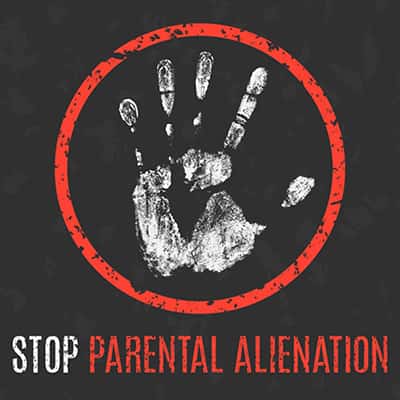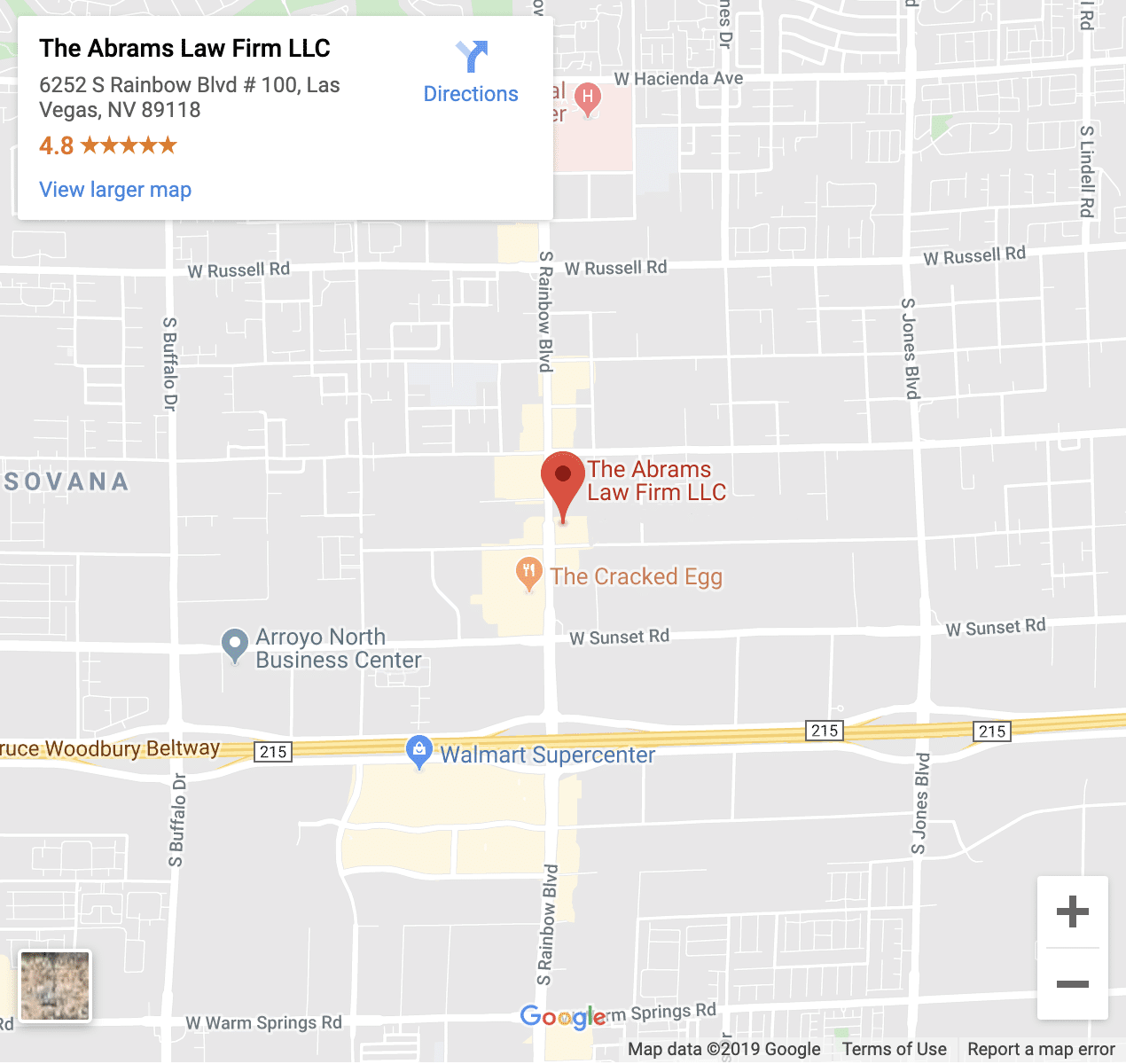What is Parental Alienation in a Las Vegas Divorce?

In a general sense, parental alienation is when one parent actively tries to convince their children that their other parent is “the bad one”. Though it is common for those parents going through a divorce to want everyone to be “on their side”, this makes children feel worse. Divorcing parents should never engage in poor parenting at the expense of their children. It also almost always backfires over time.
Stop Parental Alienation Before it Goes Too Far
Parental alienation causes, at least temporarily, children to turn away from one parent, because of the actions and/or words of their other parent. If you and your children are victims of parental alienation you should have a consultation with an experienced divorce lawyer in Las Vegas.
Parental Alienation Does Not Discriminate
Parental alienation can occur in families of all varieties. Regardless of the living arrangements, one parent can be detrimental to the relationship of the other parent and their children. Parental alienation does not discriminate. Mothers can be targets just as well as fathers. The time share plays no role in parental alienation occurring. Though obviously the more children are exposed to negative comments, the more affect those comments have on them.
The parental alienation does not always begin at the onset of divorce or separation. It often starts beforehand and can be either obvious or subtle. But it always results in targeting the other parent despite how good their parenting skills may actually be. Parental alienation includes criticizing the other parent when they try to do anything and often negates any positive acts. The alienating parent manipulates situations, twist words, and causes confusion with their children.
Visitation Schedules Can Change
Eventually children, especially younger ones, can become exasperated. They start believing the alienating parent and pushing the other parent away. Once the separation occurs, the alienating parent will start making excuses for why the children don’t want the scheduled visits. So it then becomes more difficult for the alienated parent’s involvement in their children’s lives.
Parental Alienation Almost Always Backfires
Parental alienation almost always backfires when the children start thinking more for themselves. Children begin to see things in a different light and they form their own opinions. When the children come to realize that their other parent really isn’t what they were led to believe they end up resenting the parent that instigated the parental alienation.
Divorce already causes stress in the family unit. Complicated emotions only make things more difficult to express. When one parent makes it even harder it causes more difficulties and confusion. It is unfair of that parent to cause such distress in their children and only serves to be detrimental for all involved.
Family Therapists Can Help
Professional family counseling is beneficial whenever parental alienation occurs. In addition to seeking legal advice from a dedicated divorce attorney, it is vital to get family counseling as soon as possible. It is important not to accuse the other parent but rather to seek the help required to rectify the situation. Be aware of boundaries and respond to your children with love and kindness. It will help all involved if there is no provocation.
Contact a Las Vegas Child Custody Lawyer
We can help when you need assistance on any child custody issue including parental alienation. Contact a Las Vegas child custody attorney today.
Business Ownership in Divorce Proceedings
7 Mistakes Professionals Make in Divorce
Do You Qualify for Alimony Payments in Your Divorce?
Bill Gates Divorce
Pensions and Divorce in Las Vegas
Lottery Winnings in a Las Vegas Divorce
Pitfalls to Avoid in Prenuptial Agreements
Grandparents Rights
What is Temporary Spousal Support?
Divorce and Social Security Benefits


